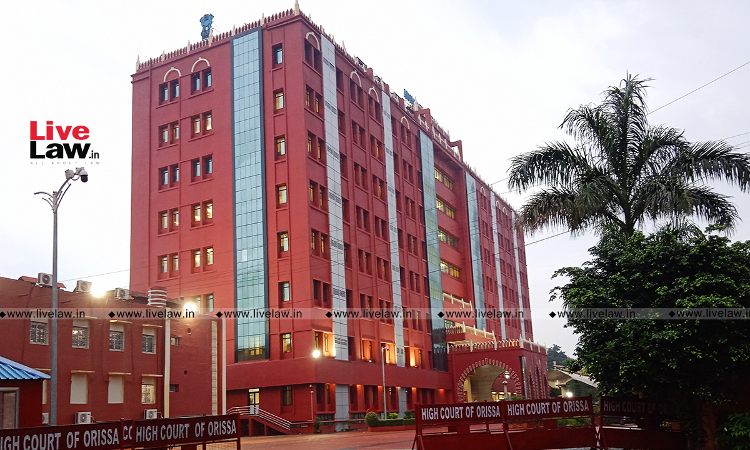Appearance Of AR Not Enough For Presuming Service On Assessee Under S. 292BB Of ITA: Orissa High Court
LIVELAW NEWS NETWORK
23 Feb 2023 1:00 PM IST

Next Story
23 Feb 2023 1:00 PM IST
The Orissa High Court has deprecated the Income Tax Authority who, despite being informed that the assessee was in judicial custody, failed to serve a notice upon him through the Superintendent of the concerned jail, in the proceedings initiated against the assessee under Section 263 of the Income Tax Act, 1961. The bench of Chief Justice Dr. S. Muralidhar and Justice M.S. Raman...
